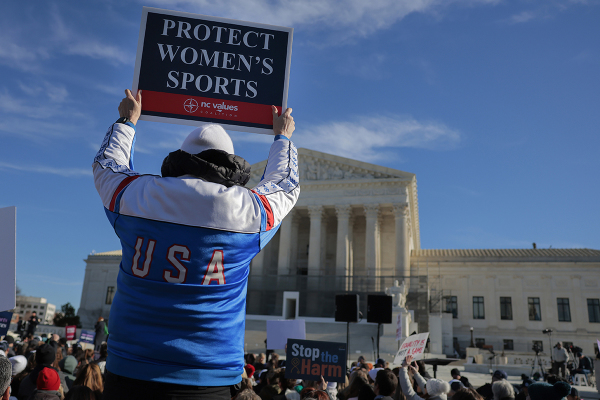Federal Judge Scoffs at Claim That 300 Miles Is Too Far to Receive Abortion in Texas
As provisions of Texas' restrictive abortion law were reviewed by a federal appeals court this week, one judge has questioned if the new law really does pose an undue burden to women seeking the life-ending procedure in the state.
This week, three judges of the 5th U.S. Circuit Court of Appeals in New Orleans reviewed a 2013 anti-abortion law passed in Texas that, among other provisions, requires abortion doctors to have admitting privileges at a hospital within 30 miles of their practice and also restricts the administering of abortion-inducing drugs.
Those in support of the new restrictions argue it protects the health of the mother and reflects the pro-life culture of Texas, while those who oppose the new law argue it has led to the closing of dozens of abortion clinics in the state that do not meet the new stricter regulations and forces women to take desperate measures to end their pregnancy. In October, a district judge ruled the new law unconstitutionally burdens a woman's access to abortion, but the state was allowed to continue enforcing the law while it appeals the ruling to the 5th Circuit Court.
Those opposed to the new restrictive law argue that it has caused several abortion clinics in the state to close, forcing some women living in the Rio Grande Valley to travel a roundtrip of 300 miles to Corpus Christi to visit a clinic. The women actually have to make the trip twice, once for their required ultrasound and then again to receive the procedure after their 24-hour waiting period has passed.
One of the three judges currently presiding on the review panel, Judge Edith Jones, said this week that she isn't certain whether the lengthy drive truly places an unconstitutional burden on women seeking the procedure. "Do you know how long that takes in Texas at 75 miles an hour?" she asked. "This is a peculiarly flat and not congested highway."
Some pro-life activists present in the courtroom this week during the judges' review believe the restrictive law has a good chance of being upheld. Kyleen Wright, president of the pro-life group Texans for Life, told Texas Public Radio that the judges were skeptical of Planned Parenthood's arguments. Planned Parenthood is seeking to defend the district judge's previous ruling that the new law places an unnecessary burden on Texas women.
"They were very skeptical that this ever rose to the level of emergency that they created," Wright said. Wright added that the judges were critical of Planned Parenthood's claims that the new law had forced clinics to close and had limited women's access to the procedure.
"Some of their claims haven't come true," Wright said. "Clearly doctors are getting privileges. All these clinics haven't been closed -- some of them are re-opening."
Texas has been a focal point of the pro-life movement in 2013 after passing its omnibus abortion law that, along previously-mentioned restrictions, also illegalizes abortion after 20 weeks of pregnancy. The most recent challenge to the state's new provisions is expected to ultimately appear before the U.S. Supreme Court.





















